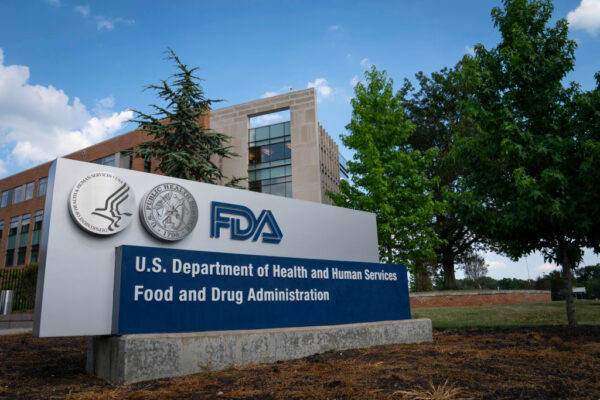
The FDA is investigating whether CAR T-therapies—cell therapies approved for treating advanced cases of blood cancer—are sparking secondary cases of cancer.
The agency announced Tuesday that it has received reports of T-cell malignancies in patients who received treatment with a cell therapy. These reports come from clinical trials or adverse event reports after these products reached the market.

The Power of One: Redefining Healthcare with an AI-Driven Unified Platform
In a landscape where complexity has long been the norm, the power of one lies not just in unification, but in intelligence and automation.
The FDA did not specify which cell therapies were associated with the reports of T-cell malignancies. But the agency said the risk applies to all currently approved therapies that address either BCMA, which is a multiple myeloma target, or CD19, which is the target for cell therapies that treat leukemias and lymphomas.
“Although the overall benefits of these products continue to outweigh their potential risks for their approved uses, FDA is investigating the identified risk of T cell malignancy with serious outcomes, including hospitalization and death, and is evaluating the need for regulatory action,” the agency said in its announcement.
The products covered by the FDA inquiry are Abecma and Breyanzi from Bristol Myers Squibb; Carvykti from Johnson & Johnson; Kymriah from Novartis; and Tecartus and Yescarta from Gilead Sciences.
CAR T-therapies are made by harvesting a patient’s own immune cells and modifying them in lab to recognize a target on a cancer cell. This manufacturing process involves using a viral vector to introduce a gene that gets the cell to express the antigen (the chimeric antigen receptor that’s the “CAR” in CAR T-therapy) that goes after the cancer target. But there’s a risk that this step can cause insertional mutagenesis—creating a new mutation in the DNA that can lead to cancer.
Insertional mutagenesis is a known risk for cell and gene therapies that employ viral vectors in their production. The FDA noted that risk in its announcement, adding that the initial approval of these cell therapies includes a post-marketing requirement that companies follow patients for 15 years to assess long-term safety, including the risk of secondary cancers following the initial treatment.
In a note sent to investors on Tuesday, William Blair analyst Matt Phipps wrote that his firm believes that the risk to patients remains low. William Blair’s search of the FDA Adverse Event Reporting System found 12 reports of T-cell lymphoma, though he added that the reports do not state whether the cases were CAR-positive lymphomas or where in the genome the CAR insertion occurred.
Phipps said the FDA inquiry could have a greater effect on companies developing CAR T-therapies for autoimmune conditions, where the risk tolerance for developing cancer from the treatments may not be as high. But Phipps said his firm still sees benefit for autoimmune patients if the clinical data continue to show durability of effect without the need for additional treatment in multiple years.
The cancer risk could further be mitigated by the fact that autoimmune patients have healthier immune systems than patients with advanced cancers. These patients may be able “to eradicate CAR T-positive cells, which we think is apparent from the general shorter duration of CAR T cell persistence in autoimmune indications than those reported in lymphomas and multiple myeloma to date,” Phipps said.
[Updated to add the following two paragraphs with more analyst comment.] Daina Graybosch, an analyst at Leerink Partners, said in a research note that for most cancer patients, the risk of developing a T-cell malignancy is low and cell therapy is worth the benefit, particularly those treatments with data showing strong outcomes and proven improvement in overall survival. Gilead told Graybosch that it has found no evidence of a causal relationship between its CAR T-therapies and the development of secondary cancers; BMS said it has not observed any CAR-positive T-cell malignancy cases in the 4,700 patients treated with its cell therapies.
“Should FDA take regulatory action, we believe stronger black-box warnings are most probable, but label restriction to higher-risk/later-line settings is also a possibility,” Graybosch said. “Given the [T-cell lymphoma] incidence is so low, we believe FDA would likely take a class decision, potentially negatively impacting companies with autologous CAR T-products in the market and late-stage development for oncology and auto-immune indications.”
The FDA said patients and clinical trial participants receiving treatment with CAR T therapies should be monitored for new cancers for the rest of their lives. If a new cancer occurs following treatment, the case should be reported to the manufacturer and patient samples should be collected for testing of the presence of a CAR transgene.
Photo: Getty Images, Sarah Silbiger








